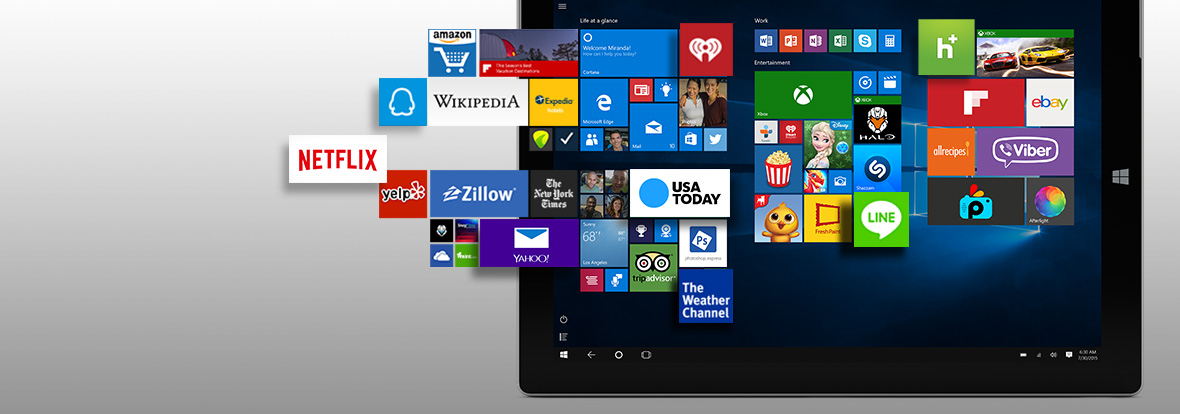Talk Tech, Sound Human: Honing Digital Communication in a Tech-Saturated World
✨Key Points
Human connection still leads digital success. Technology speeds up communication, but empathy, sincerity, and trust remain the core of meaningful interaction.
Strategic communication skills are essential. Programs like Texas State University’s MA in Strategic Communication teach students to combine storytelling, analytics, and ethical messaging for global audiences.
Technology should enhance, not replace, authenticity. Data and digital tools support communication, but true impact comes from understanding people and crafting messages that feel human.
Technology has made communication faster, easier, and more global.
From instant messages to video meetings, digital tools shape how people connect every day.
Yet, as screens dominate conversations, the human element often gets lost.
Being digitally fluent is important, but knowing how to express ideas clearly and connect with others emotionally is equally valuable.
Today, more graduates are looking to strengthen their ability to communicate thoughtfully in a world driven by technology.
They seek advanced academic paths that help them think strategically, interpret information effectively, and convey their message with confidence.
The ability to combine digital knowledge with human understanding has become a valuable asset in every industry.
Here’s how you can excel in this field:
Understand Why Human Connection Still Matters in a Digital Age
Despite all the tools that make communication easy, people still value sincerity and trust.
Messages that feel personal have more impact than automated responses or templated emails.
Emotional intelligence and clarity help build credibility and understanding.
Those who know how to connect authentically, whether in an email, meeting, or presentation, stand out.
The ability to understand others’ perspectives makes collaboration easier, even in virtual settings.
Human connection remains the foundation of communication, regardless of how advanced the technology becomes.
Learning to Communicate with Purpose and Precision
In a world full of information, the ability to think critically and express ideas clearly matters more than ever.
Advanced programs in communication teach students to plan, design, and deliver purposeful messages.
Learners explore audience analysis, storytelling, persuasion, and ethical messaging, which are skills that are in demand across modern workplaces.
The MA strategic communication online program at Texas State University is designed for individuals seeking to develop and refine their strategic communication skills.
It focuses on strategy, creativity, and analytical thinking.
Students gain a deep understanding of how to combine theory with real-world practice.
Courses cover areas like media research, campaign planning, and digital engagement.
Faculty members bring practical knowledge from industries such as corporate communication, journalism, and public relations.
Their guidance helps learners refine their message and adapt it to different platforms.
The flexible online learning model makes it possible for students to continue their work while pursuing advanced study.
Graduates leave the program ready to shape meaningful conversations and make a strong impact across digital platforms.
The Art of Blending Technology with Authentic Messaging
Technology is a tool, not a replacement for human thought.
Communicators must use it wisely to maintain authenticity.
Automated tools can support content delivery, but genuine understanding makes it relatable.
Creating messages that resonate requires empathy, adaptability, and simplicity.
Students in advanced programs learn how to use analytics, storytelling, and strategy together.
They discover how to make technology serve communication rather than dominate it.
The result is content that feels both intelligent and human.
Building Trust in Virtual Environments
Trust builds connection, even through a screen.
Clear, transparent communication helps bridge the distance that virtual work can create.
Professionals who express themselves honestly are more likely to build credibility with their audience.
In academic settings, students learn how tone, timing, and clarity affect engagement.
They study how to listen actively during digital conversations and how to handle sensitive topics with care.
When people feel heard, collaboration thrives. Building trust online is not about perfection; it’s about consistency, empathy, and respect.
Crafting a Digital Voice that Reflects Authenticity
Every message carries a tone, and every tone creates an impression.
Developing a distinct voice is essential in digital communication.
Professionals must understand how words, visuals, and context influence how messages are received.
In communication studies, learners explore how to build a brand voice that reflects credibility and warmth.
They learn how to write and speak in ways that connect across cultures and platforms.
The goal is to sound genuine while maintaining professionalism.
A well-crafted digital voice helps people engage with confidence and trust.
Adapting Communication for Global and Diverse Audiences
Digital platforms connect people from different backgrounds, and understanding diversity is key to communicating effectively.
A single message can reach people across cultures, industries, and age groups.
Knowing how to adjust tone, context, and content helps avoid misunderstandings.
An advanced communication study often includes courses on intercultural communication and media ethics.
Students explore global trends and how to adapt messages for audiences with different values and expectations.
This awareness allows them to communicate with respect and accuracy, strengthening global collaboration.
Using Data to Inform, Not Replace, Human Insight
Metrics and analytics help measure message performance, but they cannot replace human understanding.
Numbers show how people respond, but interpreting those responses requires awareness and critical thinking.
Communicators learn how to balance data with empathy.
They use analytics to identify trends while keeping their audience’s needs at the center.
In programs focused on strategic communication, students gain the ability to translate insights into meaningful strategies that inform decision-making.
Data supports communication. It doesn’t define it.
In a world where communication moves at the speed of technology, authenticity remains the key to connection.
Clear, purposeful expression helps people stand out in a noisy digital world.
Those who study strategic communication gain more than technical knowledge.
They learn how to express ideas that inspire action and understanding.
By merging digital tools with human insight, communicators can lead conversations that matter.
The future belongs to those who know how to talk tech, yet sound human.






















